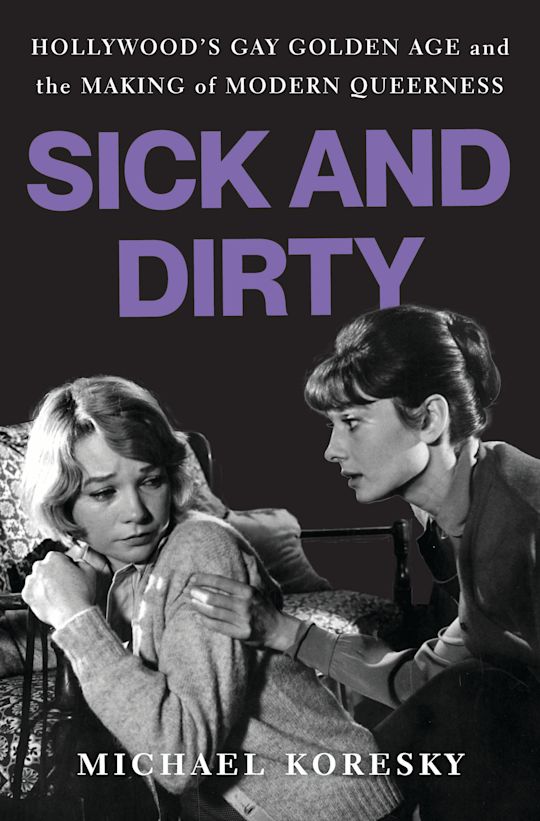To fully understand where the film industry’s newly formalized moral rigidity had come from—and why it would last for the next thirty years, forever altering how Golden Age of Hollywood movies would be made and perceived, and how multitudes of Americans would see not just movies but also the off-screen world around them—one must travel back to the early 1920s. This is when Hollywood was living through the growing pains of becoming the culture-leveling entity we think we know and understand from countless hagiographic history books, talking head interviews, and misty-lensed documentary clip reels: a factory slowly building into an entertainment empire, run by both bottom-line-obsessed moneymen and a growing contingent of artistically motivated craftsmen. This is the birth of the split personality that would forever define American cinema, an industry that always made art and commerce strange bedfellows, triggering debates that rage to this day about the meaning (or the possibility) of film art.
In the early twentieth century, however, Hollywood already had a much less philosophical identity crisis on its hands. By the twenties, there had been a consumerist uptick in the United States, and with the First World War in the rearview mirror, affluent and middle-class Americans were spending their hard-earned dollars on radios, cars, and newfangled kitchen appliances that promised to make their lives easier and more enjoyable. In Los Angeles, the boom translated to an influx of new workers who had moved west, seduced by the lure of movies as much as the location’s oil fields and automobile manufacturers, and the city saw its population double between 1920 and 1925.
Hollywood would eventually become a city within that city, made up of a series of villages (studios) founded by Jews of Eastern European birth or descent like Carl Laemmle, William Fox, Adolph Zukor, Jesse Lasky, Louis B. Mayer, and Jack and Harry Warner, émigrés or their first-generation offspring whose desire to fully assimilate into the gentile mainstream resulted in the mass entertainment of, respectively, Universal Pictures, the Fox Film Corporation (later Twentieth Century-Fox), Famous Players-Lasky Film Company (later Paramount Pictures), Metro-Goldwyn-Mayer, and Warner Bros. However, by the early twenties, the wholesome images they put on screens were frequently undercut by stories of real-life scandals and off-set licentiousness. Thanks to an incessant stream of sensational newspaper articles and a nonstop rumor mill, the public had the idea of Hollywood as a lair of iniquity and debasement. The movies would soon be a target for moralizers already suspicious of a medium that was proving to exert significant power over audiences hungry for cheap attractions.
